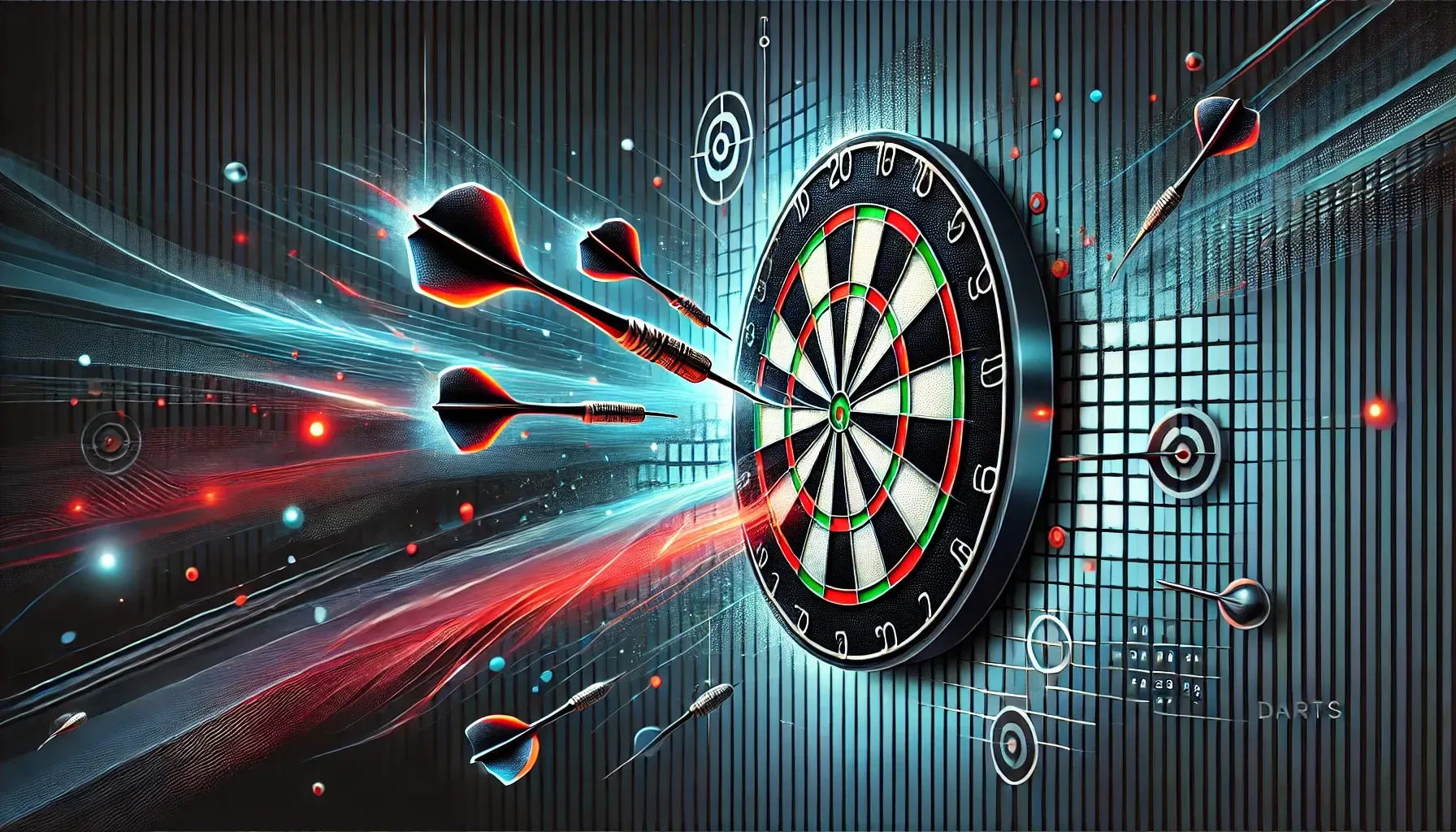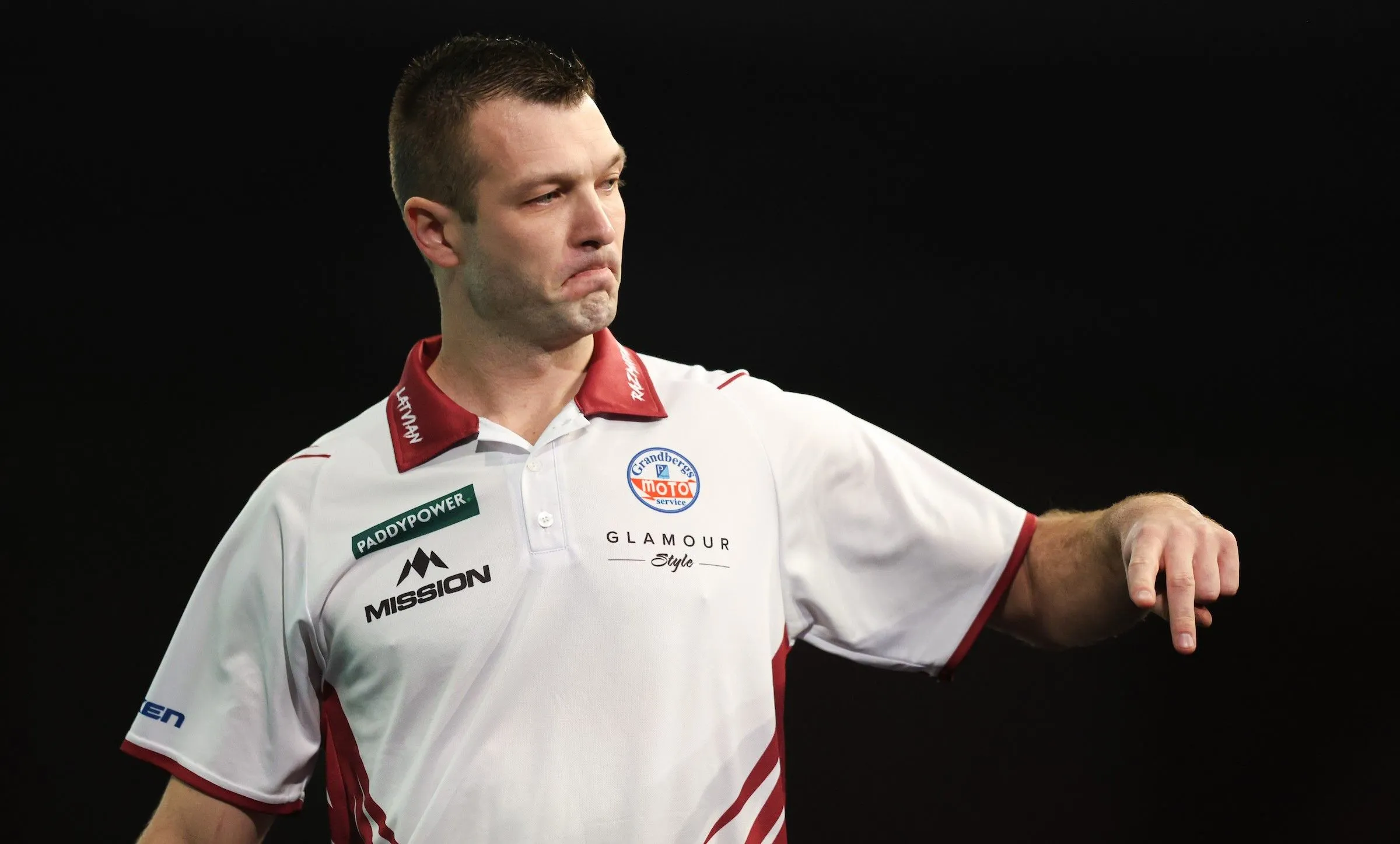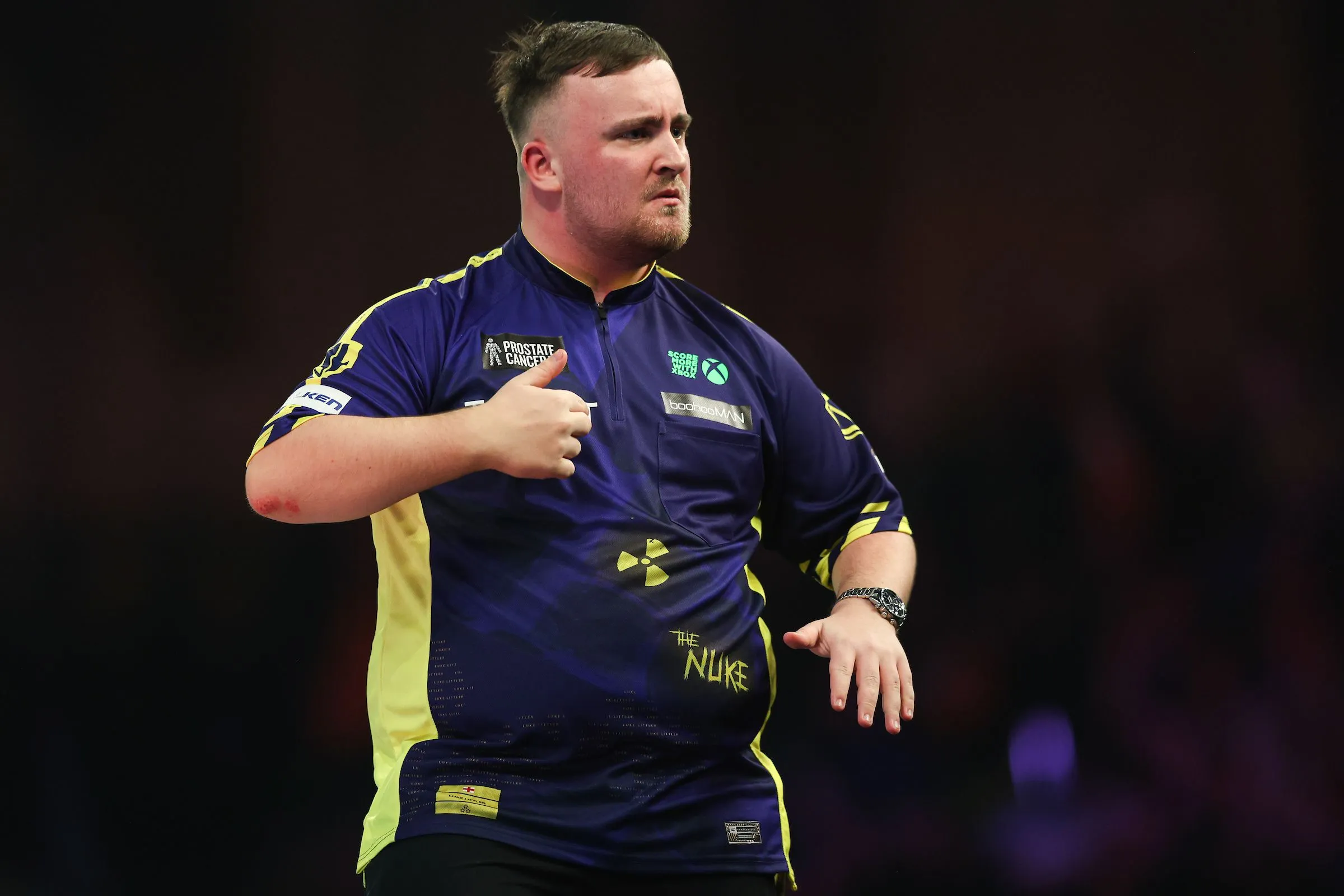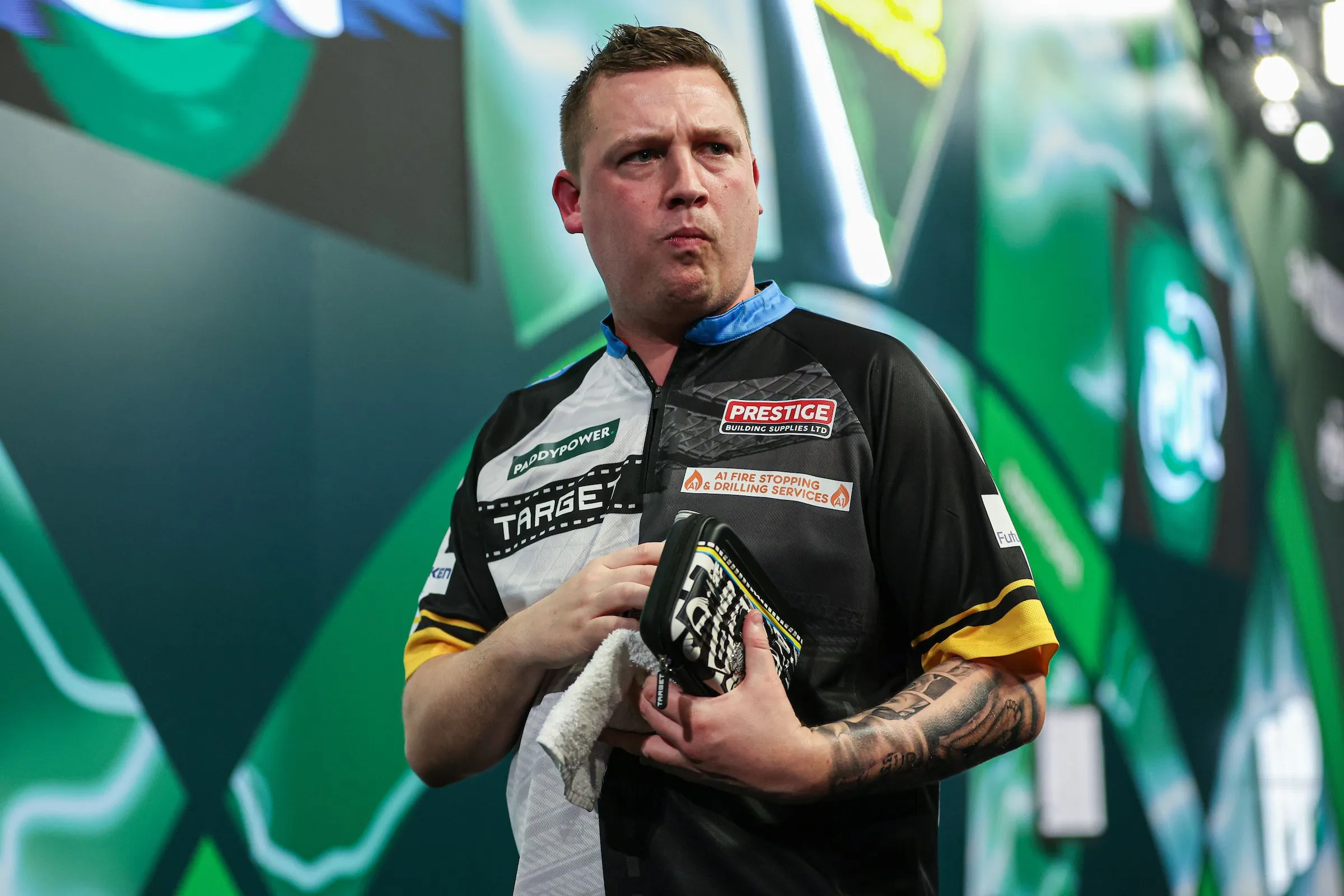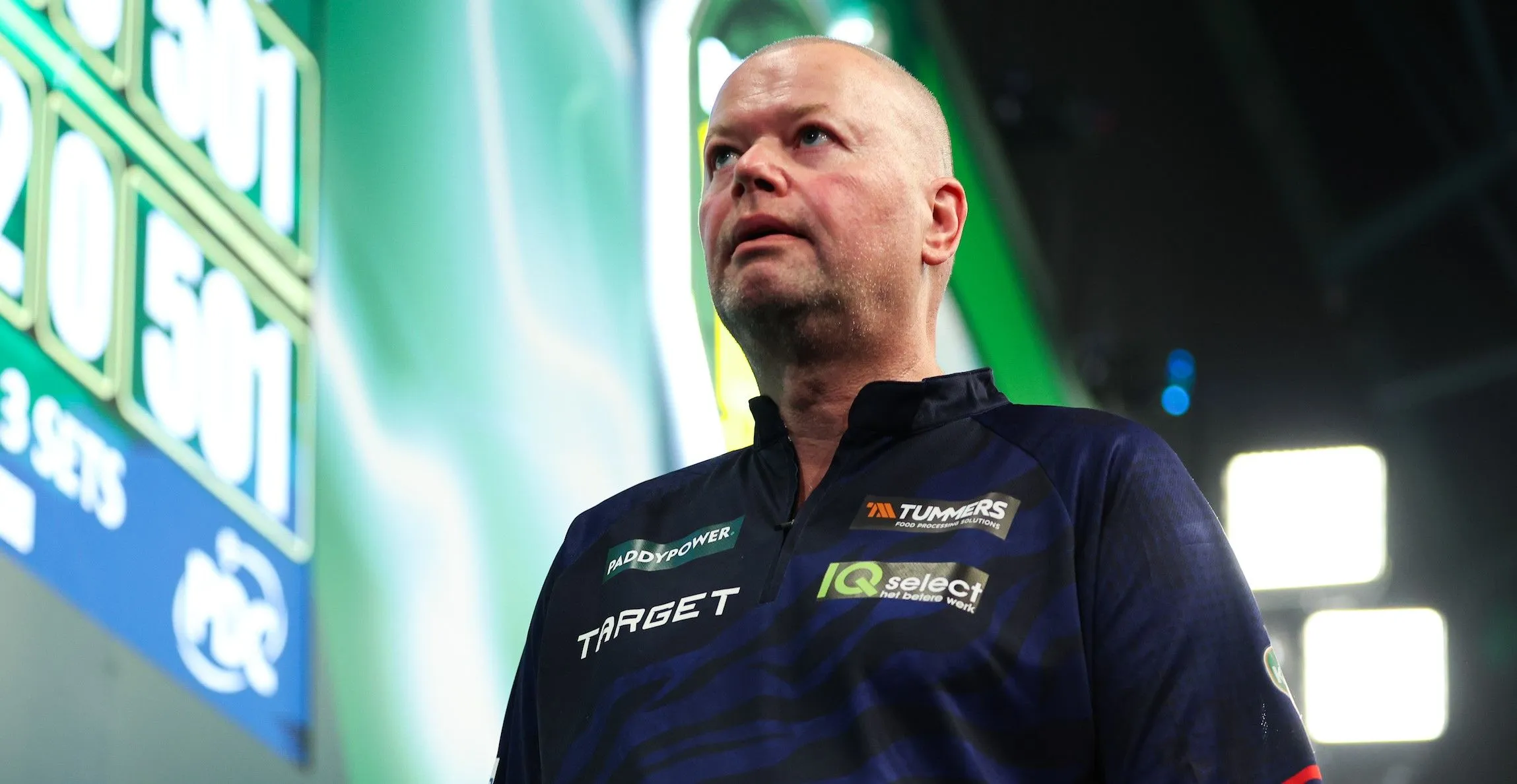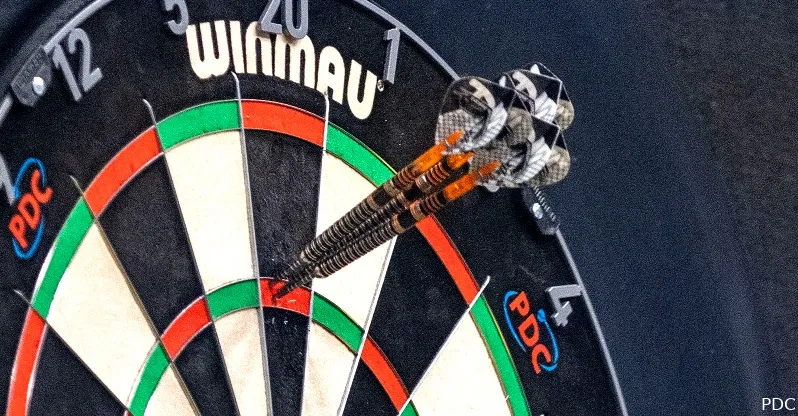
Darts might have originated as a casual pub pastime in the 1800s, but it has since evolved into a competitive sport, particularly in Europe. Today, there are lucrative professional darts tournaments held annually in Europe.
It comes as no surprise, then, that the sport now offers betting opportunities, with various betting sites providing darts betting services. Like any other sport, successful darts betting requires a good understanding of the game and its rules. After all, you want to know what you’re putting your money on before placing a bet.
Darts Betting Basics
Successful betting on darts often hinges on factors similar to those in other sports, particularly player form. A player who enters a tournament in good form is of course more likely to perform well in that competition. Likewise, you can identify consistent players in specific tournaments due to the tournament format, location, or overall comfort with their darts.
Calculating players' averages leading up to matches is important, as a higher average generally means better form. The best players usually aim for a three-dart average exceeding 95, with the player boasting the highest average usually securing a win.
Popular Darts Betting Markets
Darts betting consists of many different markets, from the standard win markets to how many legs a player wins and much more.
Match Betting
Match betting in darts is similar to other sports, where you choose the player you believe will win a head-to-head match. Typically, it involves selecting one player to win, but exceptions exist. Most bookies from one of the UK comparison sites allow you to bet on additional options like the number of legs or sets won.
Handicap Markets
Handicap markets, while common, can be a bit complex, especially for those new to darts betting. In this betting option, sportsbooks level the playing field by giving the underdog an advantage or placing a disadvantage on the favourite.
For example, in the PDC World Darts Championship, you might bet on your favourite player, Cullen, to win with a -2.5 handicap. By doing so, you'll receive more favourable odds. However, for this bet to pay off, Cullen must win the match and surpass the -2.5 handicap.
Most 180s
Most 180s is a specific betting option where you select the darts player you believe will score the highest number of 180s (the maximum score with three darts) during the tournament. You can also come across markets that predict the total number of 180s thrown throughout the tournament. Similar to other long-term and special betting markets, this option offers more favourable odds for bettors, because it’s more difficult to predict than the outright match winner.
Correct Score
Another popular darts betting market is the correct score. Here, as you might expect, your objective is to forecast the precise final score of the match. For example, in a Grand Slam of Darts matchup featuring Gerwyn Price and Peter Wright, you could anticipate Price winning with a score of 16-8. The match must conclude with that specific score to succeed in this wager.
It's worth noting that this darts betting option often comes with high odds due to the difficulty of accurately predicting the exact score in a darts match. In match betting, there are only two outcomes: either player to win. But in correct score betting, there are many more possibilities.
Highest Checkout
In this market, you decide which player you think will achieve the highest score on his final visit to the oche. Pinpointing the player is not easy, especially for an event that has yet to start. This is why the highest checkout market offers one of the highest odds in the betting market.
Nine Dart Finish
The nine dart finish is a betting market where you must predict the player who will complete a 501-point checkout using only nine darts. Again, this often comes with good odds, as it’s a very difficult thing to achieve, even for the top professional darts players. Many have likened it to scoring a 300-point game in 10-pin bowling.
Outright Markets
The outright winner, often called the tournament winner, is a widely used betting option in darts. It involves predicting the player who will emerge as the victor in the tournament, typically before the tournament starts. Think of it as similar to choosing which football team will win the Champions League, or which golfer will win the Masters.
Just in
Popular news
Latest comments
- Gingers....I guess these Gingers have something about ugly fatties......richieburnettrocks22-12-2024
- A shill..... People are so naive, where is this supposed grandad etc etc etcrichieburnettrocks22-12-2024
- Barney should completely stop playing darts, his legacy has long long gone. Maybe the new wife insists on an expensive lifestyle, if so, take up commentating or presenting. Forget playing.richieburnettrocks22-12-2024
- Assume the meat and eggs are cooked in the butter? Ketogenic diet seems to work if you’re well overweight though need to keep an eye on cholesterol. Add some fish like salmon.Mysstree21-12-2024
- Just curious, why clearly a plant?Matilda6220-12-2024
- Kris...whatever is name is, is clearly a plant. Completely bogus.richieburnettrocks20-12-2024
- Pay a sizeable chunk off the mortgage for sure and buy Grandad something nice for Christmas.Mysstree19-12-2024
- No chance. His throw is all staccato. It is forced. Not natural.medinabello19-12-2024
- More roid rage than nonsenserichieburnettrocks18-12-2024
- Even the wild crowd went easy on him... we really have gone soft in this country. He should now play in the men's events and try and recover a smidgen of respect, rather than take advantage of the women's game.MrYnyslas197118-12-2024

